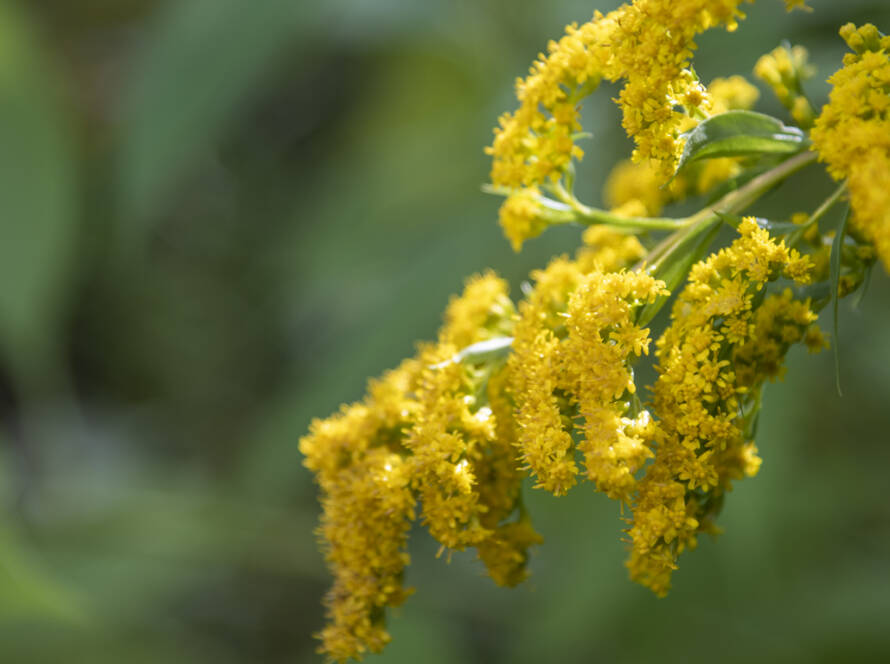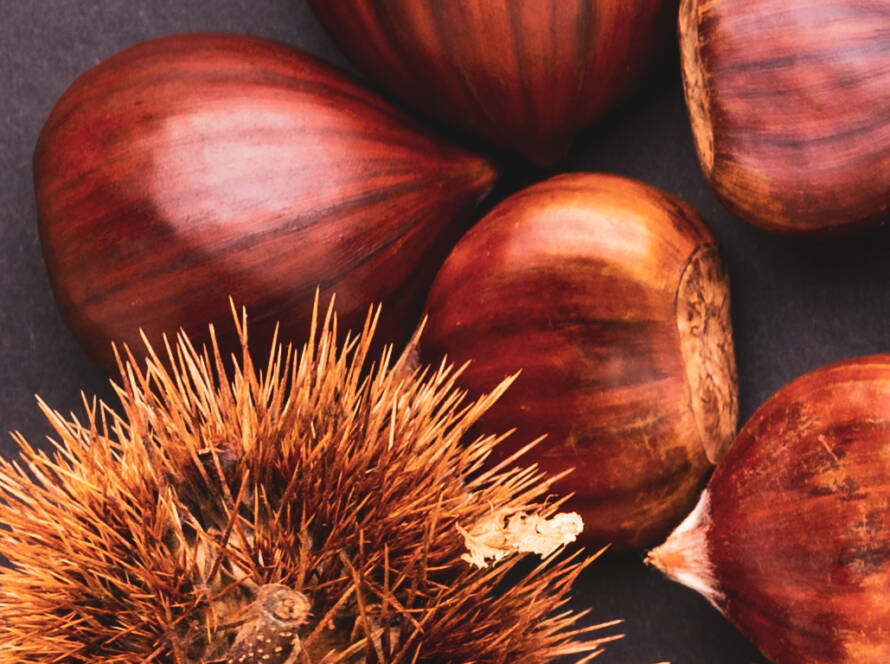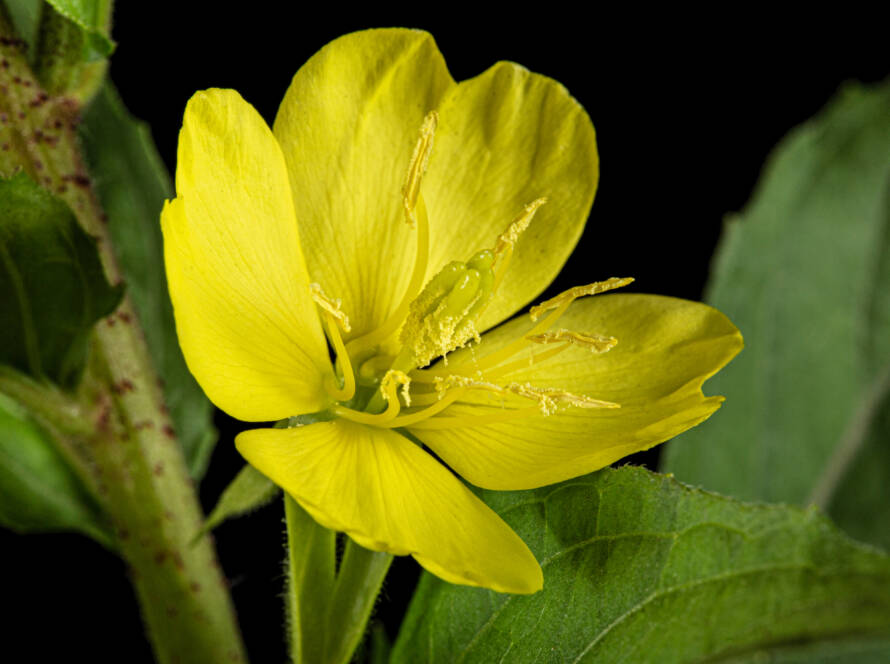Ginkgo Biloba
Here’s a comprehensive overview of ginkgo, including its uses, potential side effects, and scientific insights:
Introduction
Ginkgo, scientifically known as Ginkgo biloba, is one of the oldest tree species in the world. Its seeds have been utilized in traditional Chinese medicine for thousands of years, and cooked seeds are sometimes consumed.
Common Names
- Ginkgo
- Ginkgo biloba
- Fossil tree
- Maidenhair tree
- Japanese silver apricot
- Baiguo
- Bai guo ye
- Kew tree
- Yinhsing (yin-hsing)
Uses
Ginkgo leaf extract is used for various health conditions, including:
- Asthma and bronchitis
- Fatigue
- Tinnitus (ringing in the ears)
- Improving memory and cognitive function
- Treating or preventing Alzheimer’s disease and other types of dementia
- Decreasing intermittent claudication (leg pain due to narrowed arteries)
- Addressing sexual dysfunction and multiple sclerosis
Forms of Use
Ginkgo extracts are typically derived from the leaves and are available in several forms:
- Tablets and capsules
- Teas
- Occasionally used in skin products
Scientific Insights
Research on ginkgo has produced mixed results:
- Some studies show promise for treating intermittent claudication, but larger, well-designed studies are needed.
- The Ginkgo Evaluation of Memory study, involving over 3,000 elderly participants, found that ginkgo did not lower the incidence of dementia or Alzheimer’s disease.
- Smaller studies have shown mixed results regarding memory enhancement, with some trials indicating no improvement in memory for older adults.
- Ongoing research is exploring ginkgo’s effects on asthma, multiple sclerosis symptoms, vascular function, cognitive decline, and potential interactions with prescription medications.
Side Effects and Cautions
Ginkgo may cause side effects, including:
- Headache, nausea, gastrointestinal upset, diarrhea, dizziness, and allergic skin reactions.
- There is a potential increased risk of bleeding, so individuals taking anticoagulant medications or those with bleeding disorders should consult a healthcare provider before use.
- Uncooked ginkgo seeds contain ginkgotoxin, which can cause seizures and may be fatal in large quantities. Ginkgo leaf and extracts generally contain little ginkgotoxin.
- It is essential to inform healthcare providers about complementary and alternative practices to ensure safe and coordinated care.
Additional Resources
For further information, refer to resources such as the National Institutes of Health’s NCCAM page on Ginkgo.
This summary provides essential information about ginkgo, its uses, and considerations for safe consumption.


